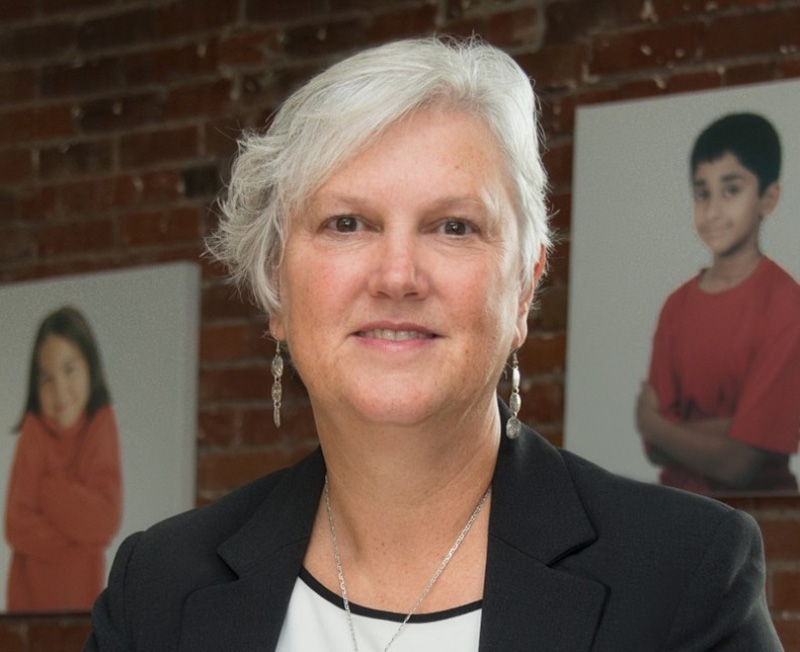A new report from the Office of the Representative for Children and Youth criticizes the B.C. government for ending pandemic supports for children and youth with complex needs in the province.
But it also calls out the Ministry of Children and Family Development for “never provid[ing] adequate and equitable support” for families of kids with disabilities.
“The pandemic has revealed how woefully inadequate the full spectrum of services is,” said Representative Jennifer Charlesworth, in a statement about her report, Left Out: Children and youth with special needs in the pandemic.
The report is based on consultations with families currently receiving ministry support, families ineligible for support as their child’s condition is not covered, and disability advocacy organizations.
As well, last month the Representative’s Office conducted a survey of 545 families of children with complex needs, and in-depth interviews with 10 families, about how the pandemic has impacted them.
The report outlines eight recommendations for immediate action but added the entire system of supports for children and youth with special needs — which includes respite care for family caregivers, at-home nursing supports, and medical supplies and therapies — is in desperate need of an overhaul.
For some of those services, financial support has not been updated for at least 30 years.
The recommendations include:
- Extending the pandemic supports for children with special needs that expired in September, which included an additional $225 a month to families, to fall 2021;
- A “family engaged,” plain-spoken communications strategy for the Ministry of Children and Family Development;
- Declaring families of children and youth with complex needs “essential workers” so they can access benefits that doctors and nurses did during the pandemic, such as in-school caregiving when in-class instruction is suspended, as well as access to early shopping hours;
- Streamlining funding and service applications for families;
- Implementing a promised new ministry framework for Child and Youth with Special Needs services;
- Establishing an ongoing roundtable of families, supporting ministries, advocacy organizations and service providers to address barriers to supports and services and address emerging needs.
Some families aren’t currently receiving supports because they’re on waitlists for assessments, or their child has fetal alcohol syndrome, attention-deficit/hyperactivity disorder or other complex needs that are not covered by ministry funding.
Charlesworth said extra pandemic supports should be offered to these families, as well.
The original intent of the additional $225 per month during the pandemic was to support families on the waiting list for respite. But a May 2020 survey of families of children and youth with complex needs found less than 10 per cent of the 1,055 families surveyed were able to access those funds.
Newly appointed Children and Family Development Minister Mitzi Dean responded to the report via press release, saying she wants to establish an advisory council to hear directly from impacted families.
“I have also asked staff to expedite the implementation of the [Children and Youth Special Needs] service framework and work to improve the system for struggling families throughout the province,” reads Dean’s statement.
Tracy Humphreys, co-founder of the grassroots BCEdAccess that advocates for education support for kids and youth with complex needs, says she knows of a “handful” of families who had to put their children in residential or foster care during the pandemic because they were unable to cope.
“They look to supports, they hear about something new and maybe it’s exciting. But when it doesn’t pan out, they sort of collapse in on themselves again and assume help is not coming,” Humphreys said. “It’s very sad.”
Humphreys participated in the representative’s consultations for this report. As did Brenda Lenahan, a parent representative for BC Parents of Complex Kids, another grassroots, parent-based advocacy organization.
Both are feeling optimistic about the potential impact the report can have on the lives of kids and youth with disabilities and their families.
“I’m feeling optimistic that British Columbians, that our MLAs across the province, when they read this that they won’t be able to turn away from it,” Lenahan said.
“I’m hopeful that our elected officials and that everyone who needs to come together for change, that they will also see and hear us.”
Charlesworth could not say how much additional funding would need to adequately support families of kids with disabilities.
But Karla Verschoor, executive director of Inclusion BC, one of the community partners who contributed to the report, had an idea.
“I think an [additional] 25 per cent infusion of funding is a solid place to start,” she said, “if we’re going to move beyond that triaging crisis to actually doing preventative, family-centred support for people. That will determine the path forward and what it will actually look like for families.” ![]()
Read more: Education, BC Politics
















Tyee Commenting Guidelines
Comments that violate guidelines risk being deleted, and violations may result in a temporary or permanent user ban. Maintain the spirit of good conversation to stay in the discussion.
*Please note The Tyee is not a forum for spreading misinformation about COVID-19, denying its existence or minimizing its risk to public health.
Do:
Do not: